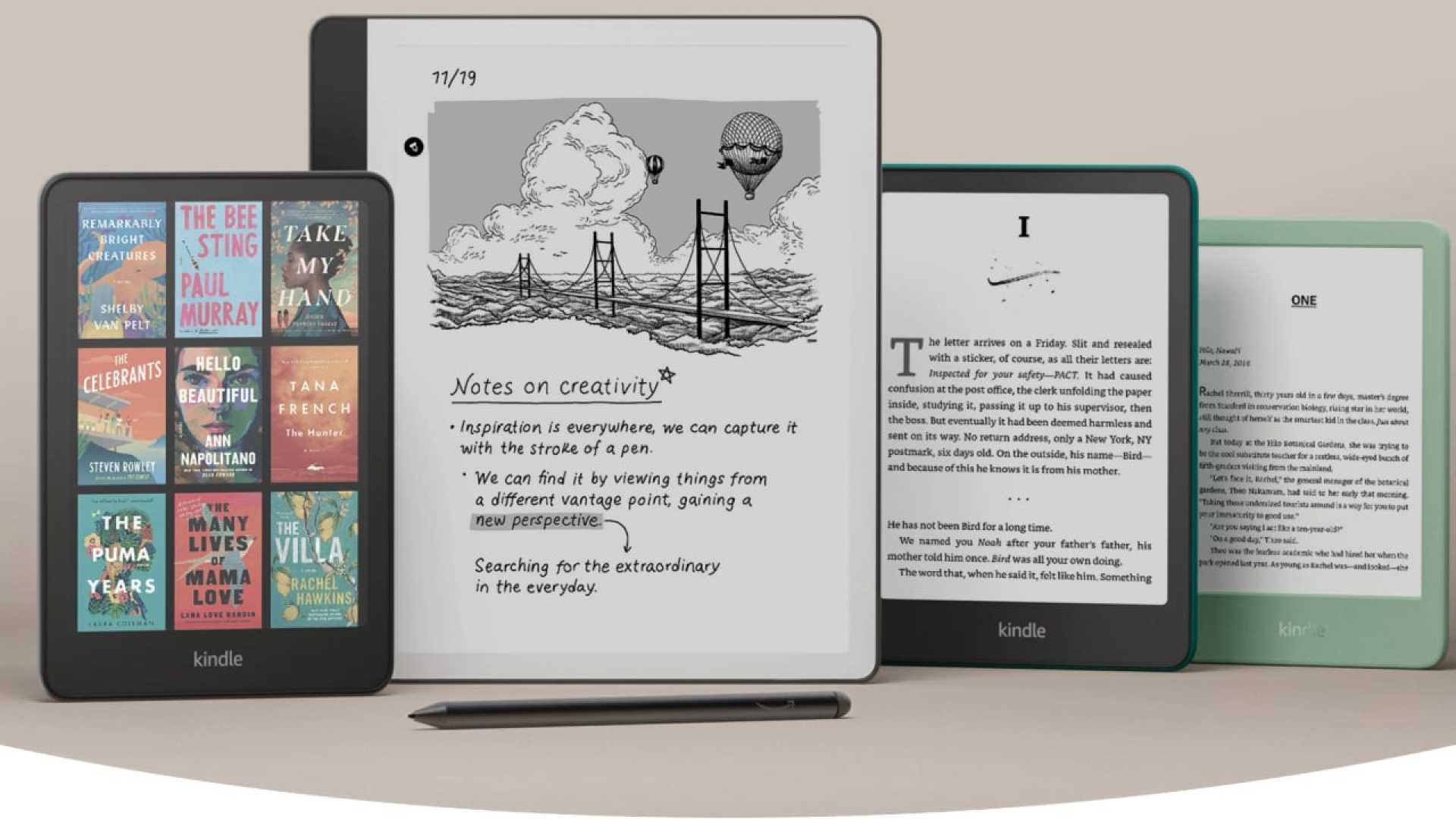Tech
Amazon Ends Kindle Book Downloads; Users Rush to Secure Libraries

SEATTLE, Wash. — Amazon announced that beginning February 26, 2025, it will eliminate the “Download & Transfer via USB” feature available to Kindle users, a move that has prompted widespread concern over digital ownership.
This change was quietly communicated to users through notifications when attempting to download Kindle books. Amazon stated, “You can still send Kindle books to your Wi-Fi enabled devices by selecting the ‘Deliver or Remove from Device’ option.” This significant shift means that, starting in 2025, Kindle users will no longer be able to download their purchased ebooks directly to their computers, effectively removing their ability to create local backups.
The decision to discontinue the download feature raises alarms reminiscent of previous controversies. Notoriously, in 2009, Amazon remotely deleted copies of George Orwell‘s “1984” from users’ devices—an action that prompted widespread backlash over digital rights.
“At the core of this issue is whether customers genuinely own the ebooks they purchase,” said Jessica Collins, a digital rights advocate. “When companies can alter or remove content at will, users are left without true ownership.”
Without the ability to download books, Kindle users may find themselves at the mercy of Amazon’s content policies. Previously, purchasers had the option to secure local copies of their books, ensuring ongoing access even if an ebook was removed from the store. This feature had become particularly important after incidents where Amazon edited content remotely, such as in 2023 when certain titles were altered to remove potentially offensive language.
The impending changes highlight a fundamental tension in digital content ownership: while users may think they own their purchased ebooks, they are actually licensing access granted by Amazon, which reserves the right to revoke that access at any time.
“The current digital ecosystem doesn’t allow for true ownership of content,” said Mark Harris, a tech industry analyst. “This change puts users in a precarious position—not only do they risk losing their books, but they also lose the freedom to use them on other platforms.”
For many users, the announcement has sparked urgency. Tech enthusiasts have recommended downloading any existing Kindle purchases before the impending deadline. “If you have hundreds or thousands of Kindle books, you need to start downloading now,” said software developer Ryan Hill. “Waiting until the last minute could leave you without access to your library.”
Users can still read books via Amazon’s Kindle app and Wi-Fi-connected devices but will lose the backup and transfer abilities provided by USB access. Several technology advocates suggest exploring alternatives to Amazon’s ecosystem, such as purchasing DRM-free ebooks or using different e-readers which offer more generous user rights.
The reaction from the Kindle community has been mixed, with some expressing indifference due to their typical reading habits, while others voice concerns about the broader implications of digital content control.
As the deadline approaches, many Kindle users are left questioning the future of their digital libraries and considering alternative platforms that afford greater security for their purchased content.












